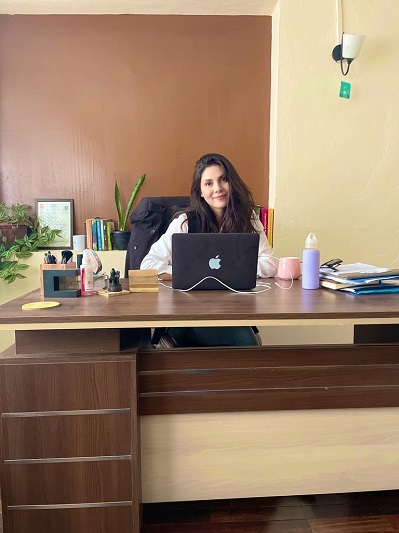

When one imagines a former Miss Nepal pageant winner’s career path, it would seldom diverge into one that pertains to dealing with the human psyche on a daily as psychologist, one would be lead to believe a career in acting or modeling or something close to the media world is the be-all end all, but Rojisha Shahi is the exception to his rule, she’s completed media and today emerges as one of the upcoming psychologists in the nation and so much more.
“If I were to describe myself it would be as a person who always looks forward, I’m persistent in always wanting to seek growth. I simply love that feeling when I’m getting stuff done and moving ahead on a personal level. I’m always looking for the next thing I want to do. My mom often uses the words “Ashantusthi” to describe me,” jests Shahi.